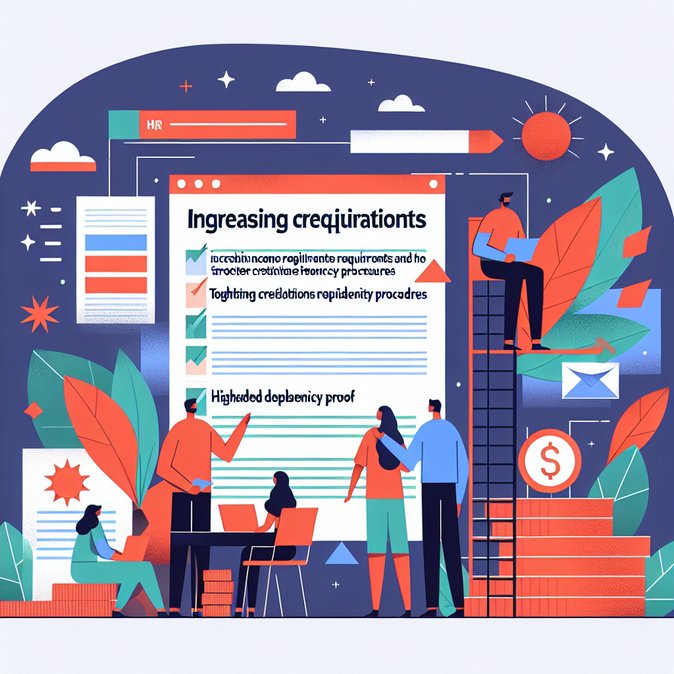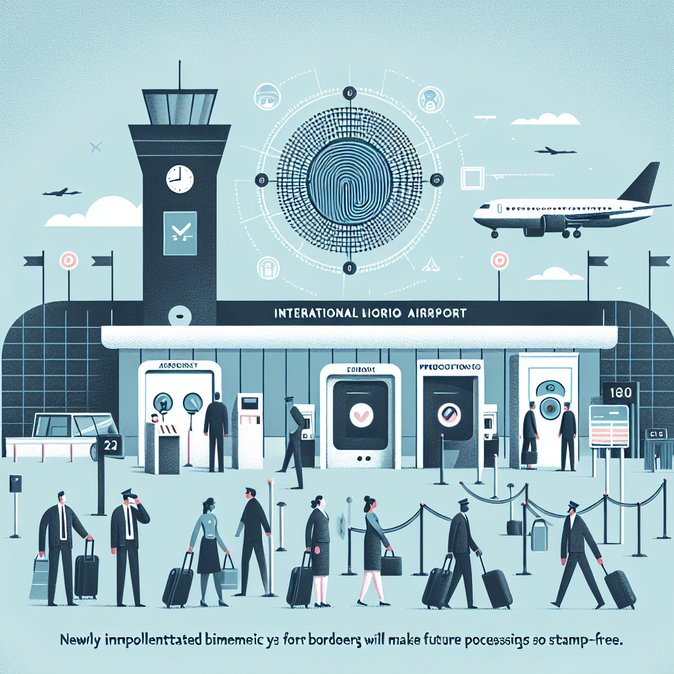
Just hours before the new regulation takes effect, Spain’s Ministry of Inclusion confirmed stiffer requirements for employees who wish to bring their parents as dependants. Published on 19 November 2025, the instruction raises the minimum-income threshold by 25 % and demands stronger proof that the parent is financially or medically dependent on the sponsor.
Under the previous regime, sponsors had to demonstrate income equal to 150 % of Spain’s IPREM indicator plus 50 % per additional dependent. From 20 November those figures rise to roughly €14,400 a year for the first parent and €18,000 for two, exclusive of the employee’s own living costs. Acceptable evidence now includes notarised remittance histories, medical dependency reports and proof of long-term accommodation.
![Spain Tightens Income Rules for Family-Reunification of Parents, Effective 20 November]()
Employers must update their mobility guidelines immediately: any file submitted on or after 20 November must meet the new thresholds or risk refusal. HR advisers recommend gathering extra payslips (12 months instead of six), notarised bank statements and health-insurance certificates translated by sworn translators.
The change reflects government concerns about strain on public services as Spain’s ageing population coincides with rising numbers of dependent-relative applications. Officials emphasise that the door is not closed—rather, sponsors must show they can shoulder the cost.
Because processing times already average three to four months, foreign employees who planned to file under the old rules but missed the 19 November deadline will need to recalculate finances. Some firms have begun offering salary top-ups or private-insurance packages to help key talent meet the higher bar.
Under the previous regime, sponsors had to demonstrate income equal to 150 % of Spain’s IPREM indicator plus 50 % per additional dependent. From 20 November those figures rise to roughly €14,400 a year for the first parent and €18,000 for two, exclusive of the employee’s own living costs. Acceptable evidence now includes notarised remittance histories, medical dependency reports and proof of long-term accommodation.

Employers must update their mobility guidelines immediately: any file submitted on or after 20 November must meet the new thresholds or risk refusal. HR advisers recommend gathering extra payslips (12 months instead of six), notarised bank statements and health-insurance certificates translated by sworn translators.
The change reflects government concerns about strain on public services as Spain’s ageing population coincides with rising numbers of dependent-relative applications. Officials emphasise that the door is not closed—rather, sponsors must show they can shoulder the cost.
Because processing times already average three to four months, foreign employees who planned to file under the old rules but missed the 19 November deadline will need to recalculate finances. Some firms have begun offering salary top-ups or private-insurance packages to help key talent meet the higher bar.


